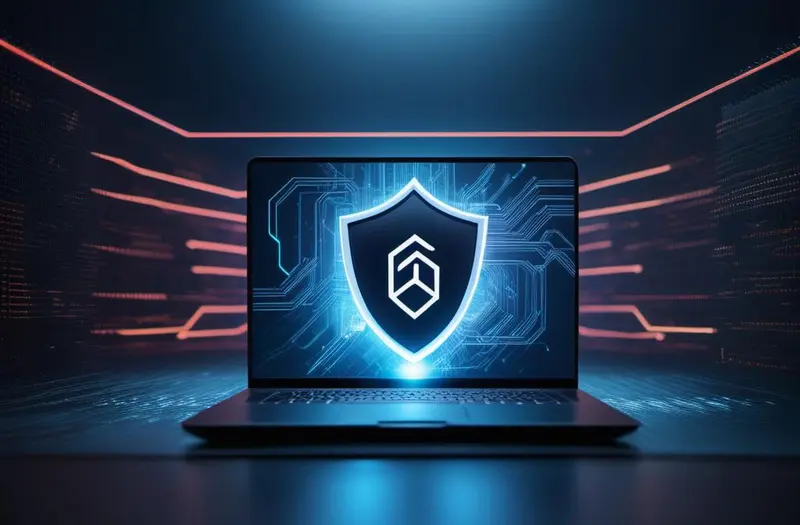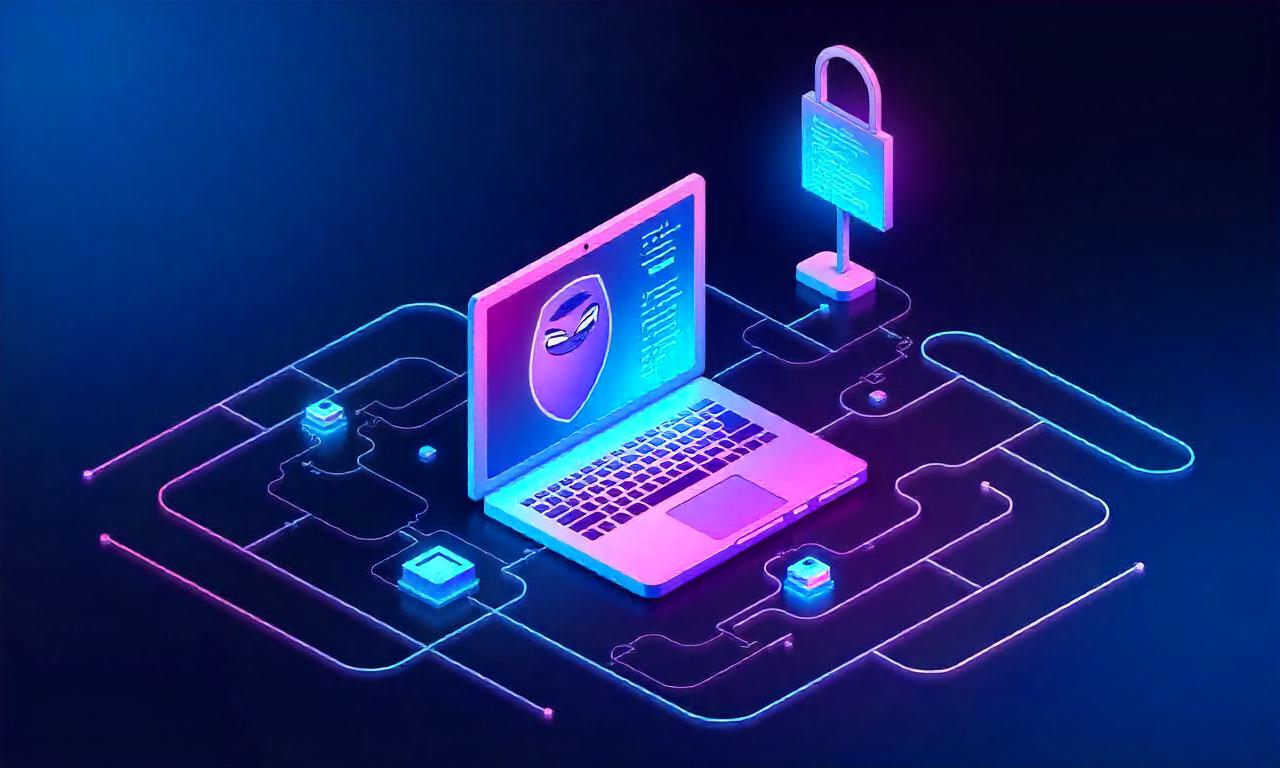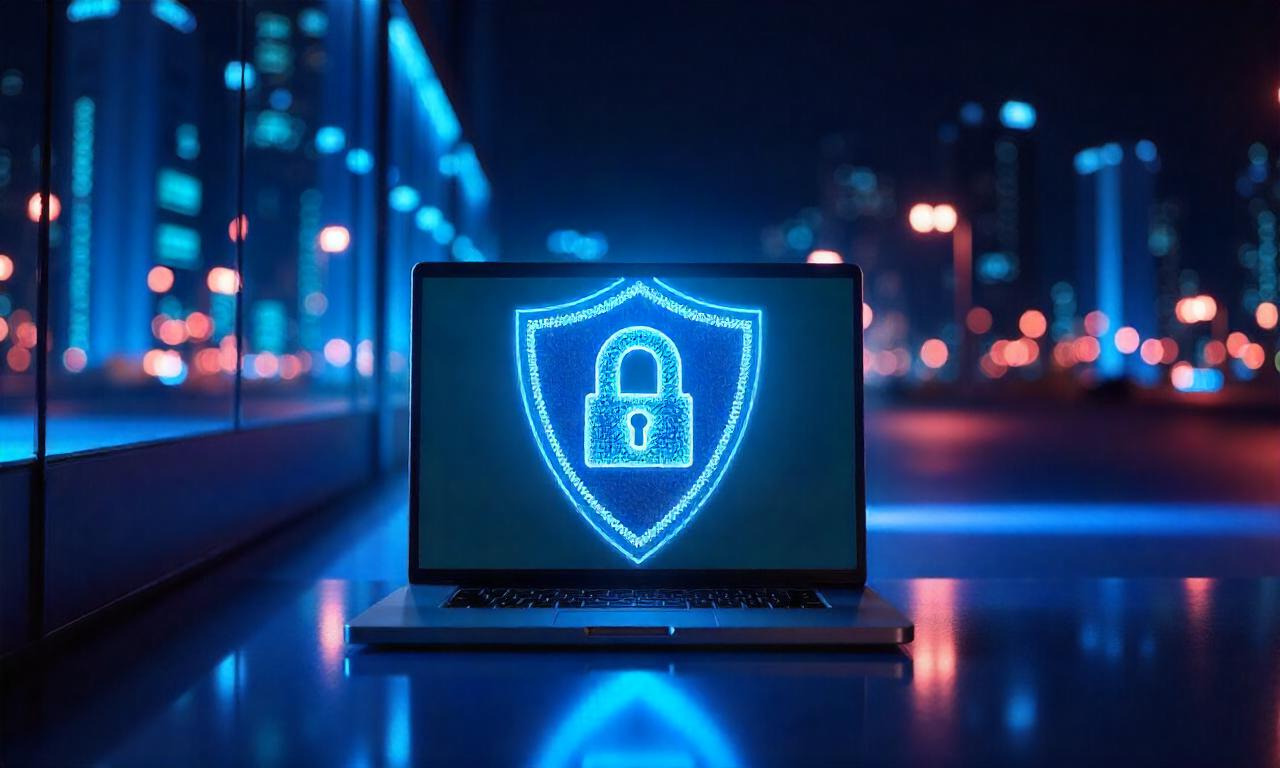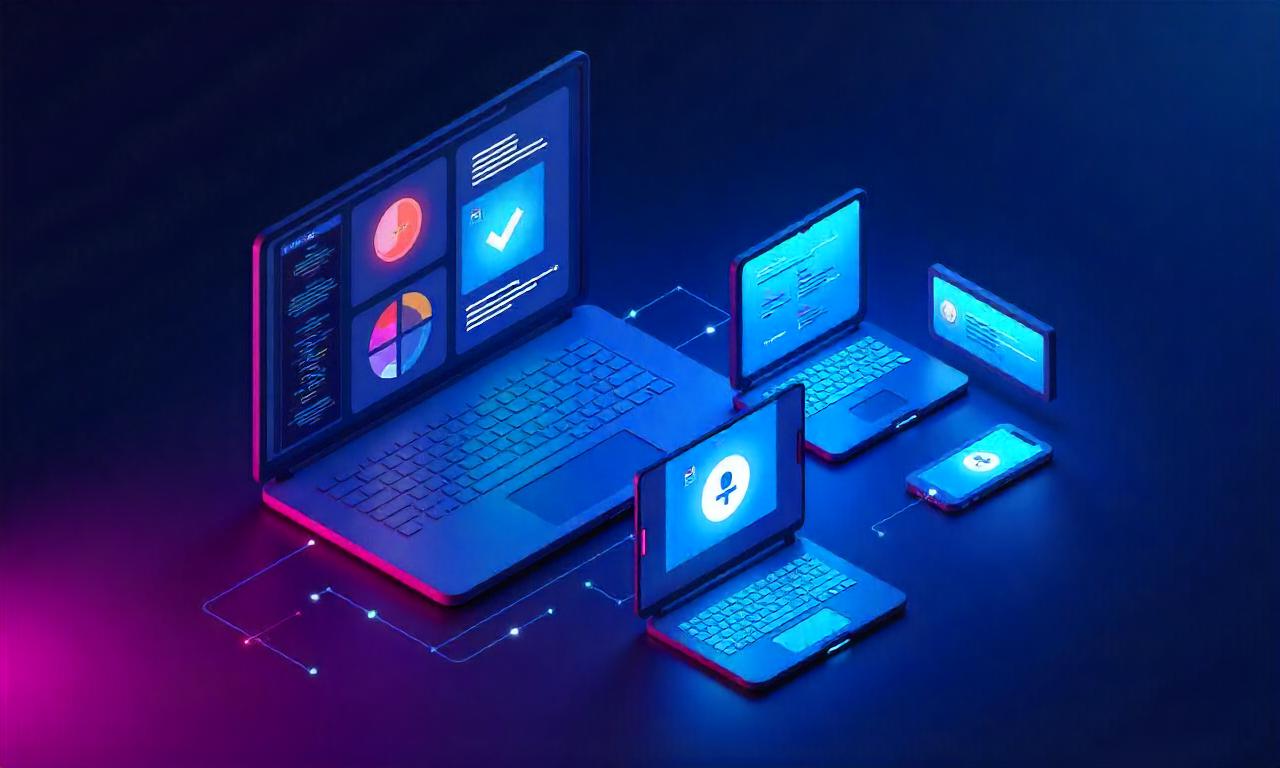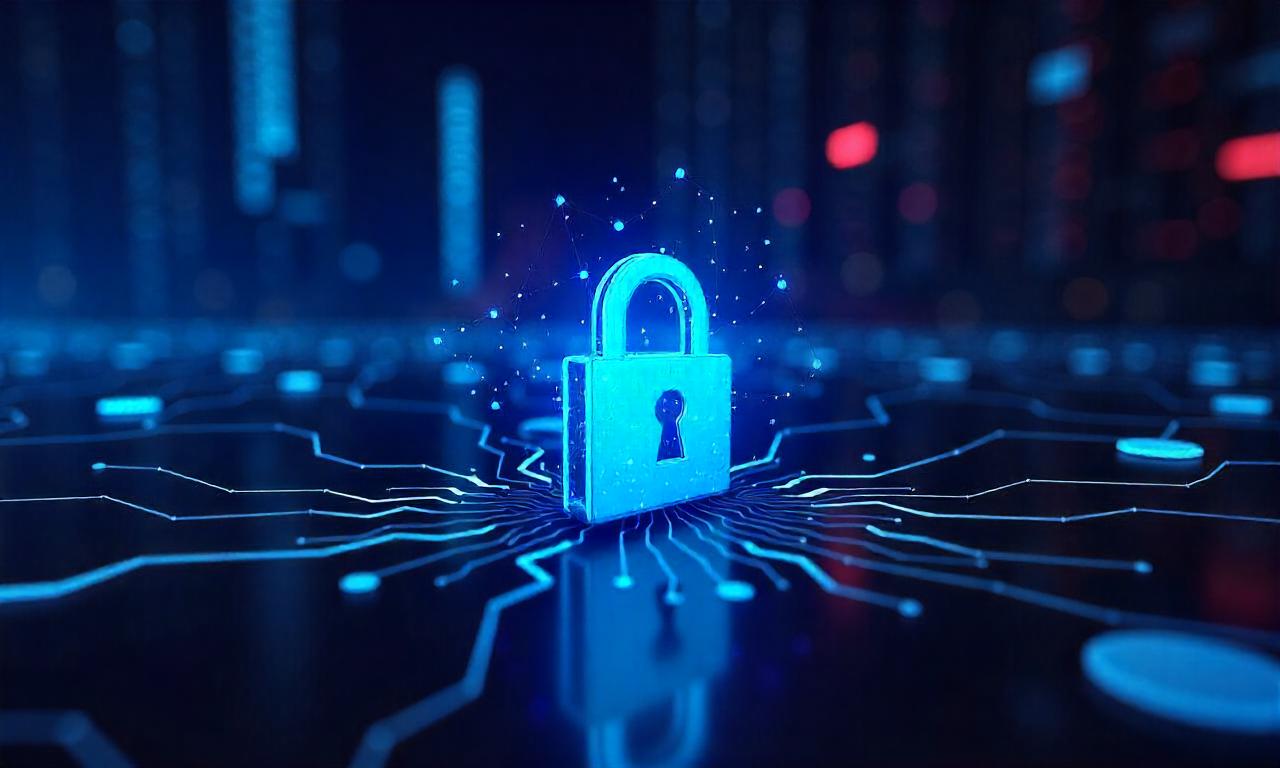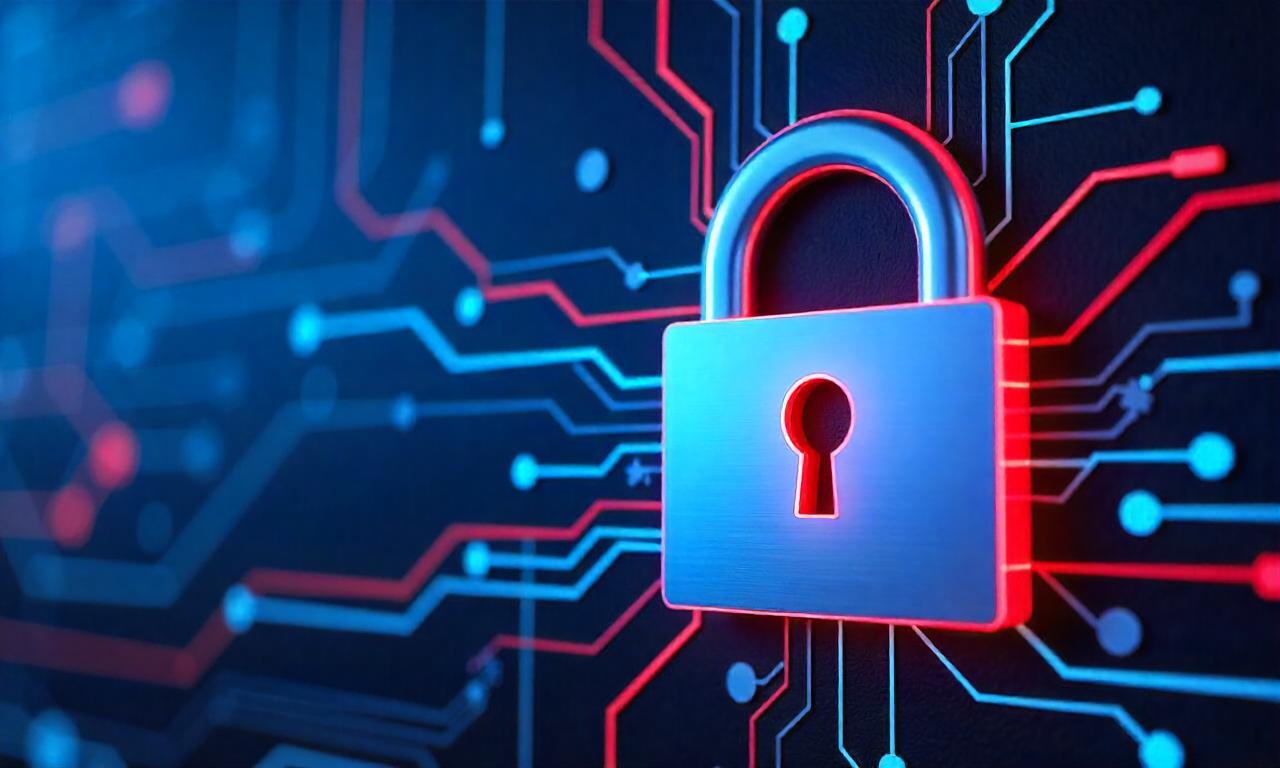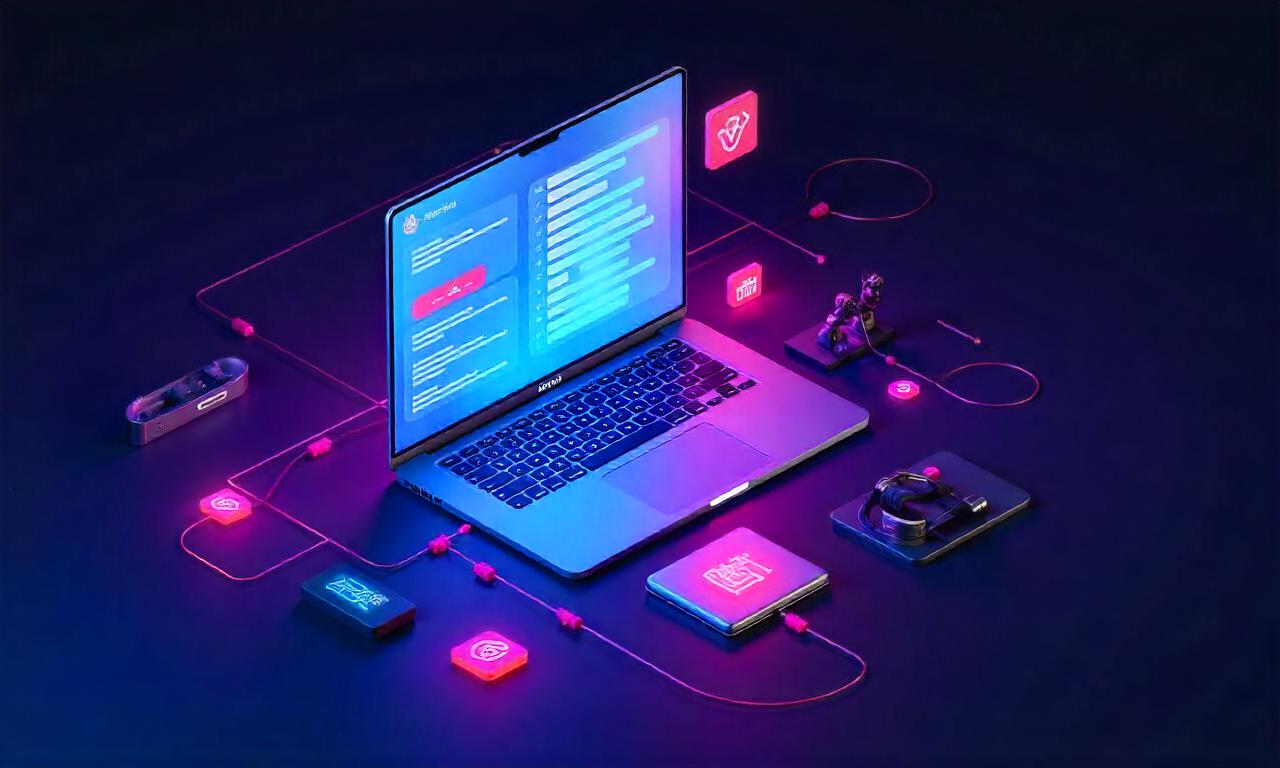Learn how to avoid cyber threats in today’s digital world. Explore effective strategies to protect your personal data, prevent cyberattacks, and stay secure online—backed by expert insights and updated statistics.
Have you ever clicked a suspicious email or reused the same password across multiple sites? If so, you’re not alone—and you could be a target. In our hyperconnected world, knowing how to avoid cyber threats is no longer optional; it’s essential.
According to IBM’s Cost of a Data Breach Report 2023, the global average cost of a data breach reached $4.45 million, the highest it’s ever been.
Meanwhile, Cybersecurity Ventures predicts that cybercrime will cost the world $10.5 trillion annually by 2025, up from $3 trillion in 2015.
These numbers highlight the growing urgency to avoid cyber threats through proactive cybersecurity habits. From phishing scams and ransomware to identity theft, the digital risks are real—but they are also preventable.
In this article, we’ll explore practical steps you can take to protect yourself, your devices, and your data from the ever-evolving landscape of cyber threats.
Table of Contents
ToggleUnderstanding Cyber Threats in the Modern Digital Age
The internet has opened endless opportunities, but it has also introduced a variety of threats that target both individuals and organizations. Cyber threats are no longer rare occurrences—they’re daily risks.
1. Types of Common Cyber Threats
- Malware: Malicious software like viruses, spyware, and Trojans that infiltrate systems to cause damage or steal data.
- Phishing: Fraudulent attempts to obtain sensitive information through deceptive emails or websites.
- Ransomware: Attackers encrypt data and demand payment to unlock it.
- Data breaches: Unauthorized access and disclosure of confidential data.
2. The Scale of the Problem
According to Cybersecurity Ventures, global cybercrime damages are projected to hit $10.5 trillion annually by 2025, up from $3 trillion in 2015.
The FBI’s Internet Crime Complaint Center (IC3) reported over 800,000 cybercrime complaints in 2022, with total losses exceeding $10.3 billion.
3. Why We’re All Targets
Even if we don’t run a business, we’re still at risk. Everyday activities like shopping online, using public Wi-Fi, or logging into email can expose us to threats. A trusted VPN helps shield our data, even in unsecured environments.
What Is a VPN and How Does It Work?
A Virtual Private Network (VPN) is a cybersecurity tool that creates a secure, encrypted tunnel between our device and the internet.
1. How Encryption Helps
Encryption scrambles our data so that even if it’s intercepted, it’s unreadable. This is crucial to resist data breaches and secure online privacy.
2. Masking IP Addresses
By hiding our real IP address and replacing it with one from the VPN server, we effectively deter cyber intrusions and maintain anonymity.
3. VPN vs. Antivirus
While antivirus software protects our device from infected files, a VPN works proactively by blocking access points hackers could exploit.
Why a Trusted VPN Is Critical for Security
Not all VPNs are created equal. Choosing a trusted VPN provider ensures that we’re not trading one risk for another.
1. No-Log Policy
We must choose a VPN that doesn’t store our browsing data, ensuring our privacy remains intact.
2. Advanced Encryption Protocols
Look for services that offer AES-256 encryption, the same standard used by governments and banks to protect from ransomware.
3. Independent Security Audits
Trusted VPNs undergo third-party audits to validate their security claims, giving us peace of mind.
How VPNs Help Avoid Cyber Threats in Real Life
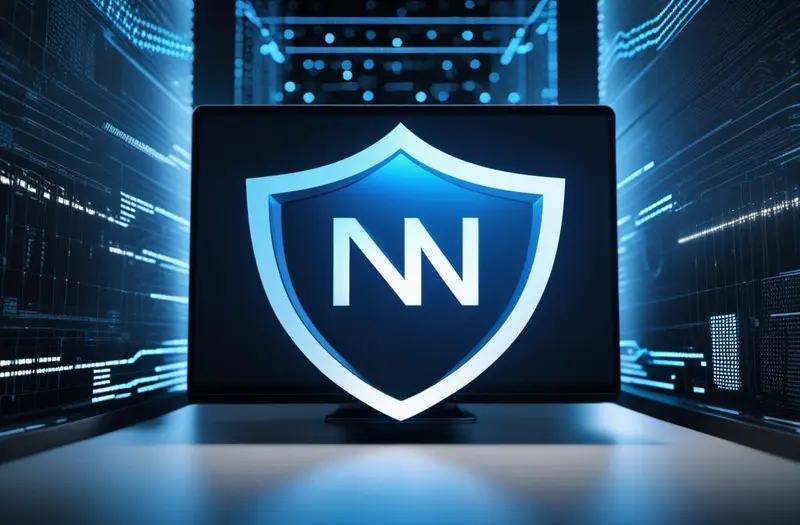
1. Public Wi-Fi Protection
60% of people use public Wi-Fi, but few realize how dangerous it is. VPNs protect us from man-in-the-middle attacks that thrive in these environments.
2. Secure Remote Work
With remote work booming, VPNs offer employees a secure way to access company resources, preventing network vulnerabilities.
3. Online Banking Safety
VPNs encrypt our connections during sensitive transactions, helping to avoid identity theft and stop online threats.
Selecting the Right VPN for Cybersecurity
Choosing the right VPN requires evaluating multiple criteria to ensure maximum protection and performance.
| VPN Feature | Why It Matters | Recommended Standard |
|---|---|---|
| Encryption | Prevents eavesdropping | AES-256 |
| No-Log Policy | Protects privacy | Independently audited |
| Server Network | Improves speed and access | 60+ countries |
| Kill Switch | Stops traffic if VPN drops | Always-On |
| Split Tunneling | Customizes traffic routing | Available |
Read More : How Does a VPN Work to Secure Your Online Privacy
Best Practices for Using VPNs to Defend Against Hackers
1. Always Turn On VPN Before Connecting
Whether we’re using Wi-Fi at home or in a café, we should always activate the VPN first to prevent network vulnerabilities.
2. Enable Kill Switch
This setting blocks all internet access if the VPN connection drops, reducing exposure to threats.
3. Use Multi-Factor Authentication (MFA)
Combining VPN use with MFA further mitigates digital risks by adding an extra layer of security.
Addressing Common VPN Myths
Let’s debunk some myths to clarify what VPNs can and cannot do.
1. “VPNs Slow Down My Internet”
While it’s true some speed loss can occur, premium VPNs use optimized servers to maintain excellent performance.
2. “Only Hackers Use VPNs”
This myth couldn’t be more false. VPNs are used by governments, corporations, and individuals alike to safeguard privacy.
3. “Free VPNs Are Just as Good”
Free VPNs often log data, contain malware, or sell our information—completely defeating the purpose of using one.
Real-World Case Studies on VPN Effectiveness
Case Study 1: Small Business Avoids Breach
A San Diego-based startup used a VPN across its remote workforce. When a phishing email tricked a junior employee, the VPN’s DNS leak protection prevented unauthorized data transfers, avoiding a full-scale breach.
Case Study 2: Ransomware Foiled at University
A Texas university required staff to use VPN for network access. When ransomware was launched via a compromised vendor email, encrypted access paths and IP masking stopped lateral movement, saving millions in damages.
Integrating VPN Use Into Our Daily Habits
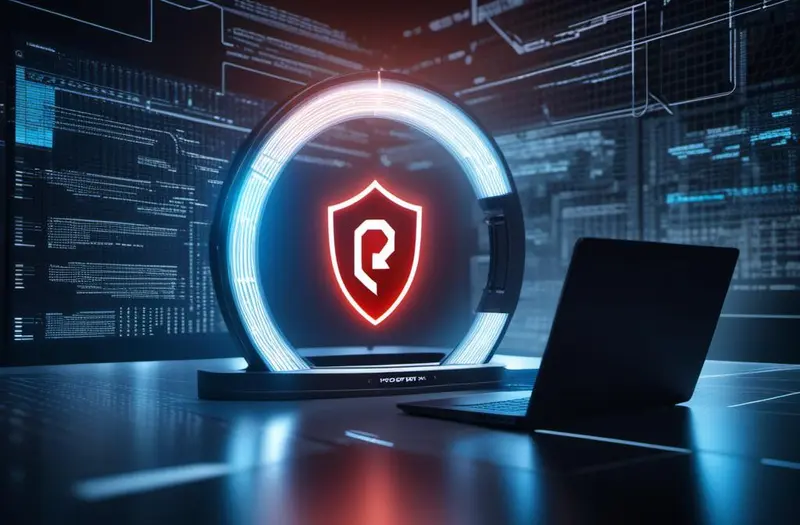
To fully benefit from a VPN, it must be part of our routine—not just a one-time action.
1. Add to Startup Programs
Set your VPN to launch automatically when you turn on your device.
2. Use on Mobile and Tablet
Cyber threats don’t just target desktops. Installing VPN apps on all devices is key to comprehensive protection.
3. Educate Family and Teams
The more people in our circle who use a VPN, the safer our shared networks become.
VPNs and Their Role in Regulatory Compliance
For businesses, VPNs are also essential for data protection laws like:
- HIPAA (Healthcare): Encrypts patient data in transit
- GDPR (Europe): Ensures lawful processing and transfers
- CCPA (California): Protects consumer data from third-party leaks
Using a VPN can help businesses avoid non-compliance penalties, which can reach up to $7.5 million in some cases.
The Cost of Ignoring VPN Use
1. Financial Loss
The average cost of a data breach in the U.S. is $9.48 million, according to IBM’s 2023 Cost of a Data Breach Report.
2. Reputation Damage
Companies that suffer breaches often experience long-term customer trust issues, impacting growth and retention.
3. Personal Impact
From stolen credit cards to drained savings accounts, individuals can face life-altering consequences from a single cyber intrusion.
How VPNs Help Prevent Network Vulnerabilities
By securing the entry and exit points of our online activities, VPNs ensure that network vulnerabilities don’t become security exploits.
1. Encrypted DNS Requests
VPNs prevent DNS hijacking, a common tactic used to reroute users to fake websites.
2. IP and Port Blocking
Many VPNs use firewall-like features to block known malicious IPs and ports before they reach us.
3. Avoiding Metadata Leakage
VPNs ensure our ISP cannot track which websites we visit—even encrypted ones—helping us reduce cyber risks.
VPNs in Combination with Other Cybersecurity Tools
While VPNs are powerful, they’re not a one-stop solution. Here’s how we can integrate them into a broader security stack:
- Antivirus Software: Detects local malware
- Firewalls: Monitors incoming/outgoing traffic
- Password Managers: Secures credentials
- 2FA Tools: Prevents unauthorized account access
Together, they form a multi-layered defense strategy that helps us better counter cybercrime.
Choosing Between Consumer and Business VPNs
| Feature | Consumer VPN | Business VPN |
|---|---|---|
| Target User | Individual | Company or Team |
| Server Access | Shared | Dedicated |
| Support | Basic | Priority & SLA-based |
| Security | Strong | Enterprise-Grade |
| Management Tools | None | Central Dashboard, Logs |
For teams or businesses, it’s best to invest in a business-grade VPN with centralized controls and auditing capabilities.
Common Pitfalls to Avoid When Using a VPN
1. Forgetting to Activate It
Even the best VPN won’t help if it’s turned off. Set persistent reminders or automatic activation.
2. Using Outdated Software
Old VPN apps can have unpatched vulnerabilities. Always keep your VPN client up to date.
3. Not Reviewing Settings
Enable essential features like kill switch, leak protection, and multi-hop connections for best results.
FAQs
What does a VPN protect me from?
A VPN protects us from cyber threats like eavesdropping, data leaks, man-in-the-middle attacks, and IP tracking by encrypting our internet traffic.
Can a VPN stop phishing emails?
No, but it can help protect us after we click on a bad link by masking our data and location, thus mitigating further damage.
Is a paid VPN better than a free VPN?
Yes. Paid VPNs typically offer better privacy policies, faster speeds, stronger encryption, and customer support.
Can I use a VPN on multiple devices?
Most trusted VPNs allow multiple device connections under one account, including smartphones, tablets, and PCs.
Will a VPN protect me from ransomware?
A VPN can block malicious IPs and protect data in transit, but we still need antivirus tools to scan files for ransomware payloads.
Conclusion
In an age where cybercrime is more sophisticated than ever, the best way we can avoid cyber threats is by arming ourselves with smart, proactive tools. A trusted VPN offers a reliable, user-friendly way to secure our online privacy, protect from ransomware, and prevent network vulnerabilities before they lead to real harm.
VPNs aren’t just for tech-savvy users or businesses—they’re for all of us. By making VPN usage a consistent habit, we thwart phishing attempts, defend against hackers, and reduce cyber risks for ourselves and those around us.
Key Takeaways
- VPNs encrypt our internet traffic, making it unreadable to hackers.
- A trusted VPN can help us avoid identity theft and block security breaches.
- Use VPNs alongside other tools like antivirus and password managers.
- Opt for VPNs with AES-256 encryption, no-log policies, and leak protection.
- VPNs are essential for both personal and professional digital safety.

